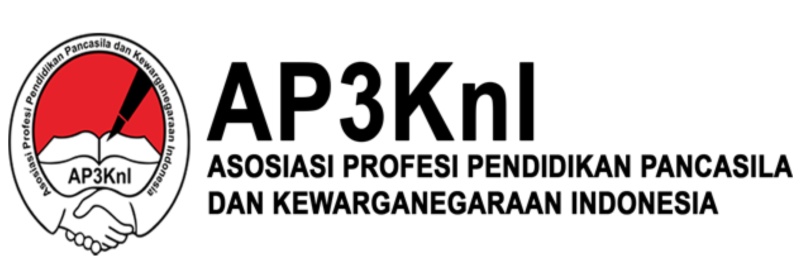STUDI RELEVANSI MODEL PEMBELAJARAN YANG DIGUNAKAN GURU DENGAN KOMPETENSI DASAR PADA MATA PELAJARAN PENDIDIKAN KEWARGANEGARAAN
Abstract
Full Text:
PDFReferences
Abimanyu, Soli. (2008). Strategi Pembelajaran. Jakarta: Direktorat Jendral
Pendidikan Tinggi Departemen Pendidikan Nasional.
Ani Siti Anisah. (2016). Pendekatan Pembelajaran Analisis Nilai untuk
Meningkatkan Pemahaman Konsep dan Sikap Kepedulian Sosial Peserta
didik pada Mata Pelajaran Ilmu Pengetahuan Sosial. Jurnal Pendidikan
Universitas Garut Vol. 09
Dedi Supriawan dan A. Benyamin Surasega. (1990). Strategi Belajar Mengajar
(Diktat Kuliah). Bandung: FPTK-IKIP Bandung.
Djahiri, K . (1980). Strategi Belajar Mengajar dalam Ilmu Pengetahuan Sosial.
Proyek Pengembangan Pendidikan Guru (P3G). Jakarta: Depedikbud.
Hamalik, Oemar. (1999). Kurikulum dan Pembelajaran. Jakarta : Bumi Aksara.
Komalasari, Kokom. (2011). Pembelajaran Kontekstual: Konsep dan Aplikasi.
Bandung: PT Refika Aditama.
Thomas Lickona. (2008). Educating For Character. New York: Bantam Book.
Diterjemahkan oleh Lita S. 2013. Pendidikan Karakter: Panduan Lengkap
Mendidik Peserta didik Menjadi Pintar dan Baik. Bandung: Nusa Media.
Mulyasa, E. (2008). Kurikulum Berbasis Kompetensi (Konsep, Karakteristik dan
Implementasi). Bandung : PT. Remaja Rosdakarya.
Triyanto. (2007). Model 2 Pembelajaran Inovatif Berorientasi Konstruktivistik.
Jakarta: Prestasi Pustaka Publisher.
W. J. S. Poerwadarminta. (2003). Kamus umum Bahasa Indonesia. Jakarta: Balai
pustaka.
Refbacks
- There are currently no refbacks.







